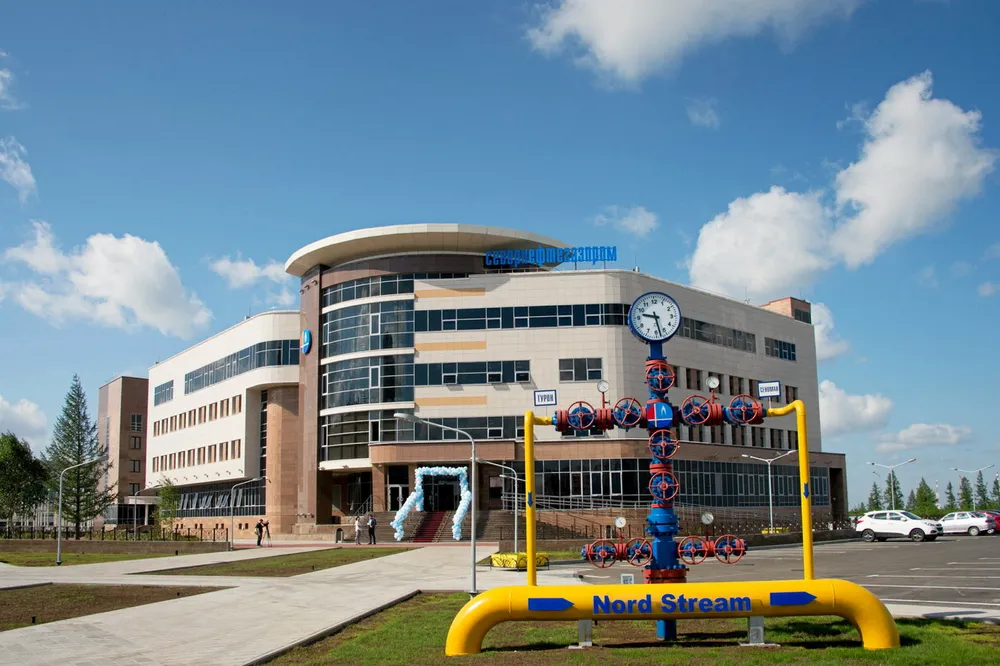Wintershall Dea sees increasing importance of Russian gas exports to Europe
German company promises investments into gas-producing ventures with Gazprom in Russia and reiterates backing for Nord Stream 2

German company promises investments into gas-producing ventures with Gazprom in Russia and reiterates backing for Nord Stream 2
